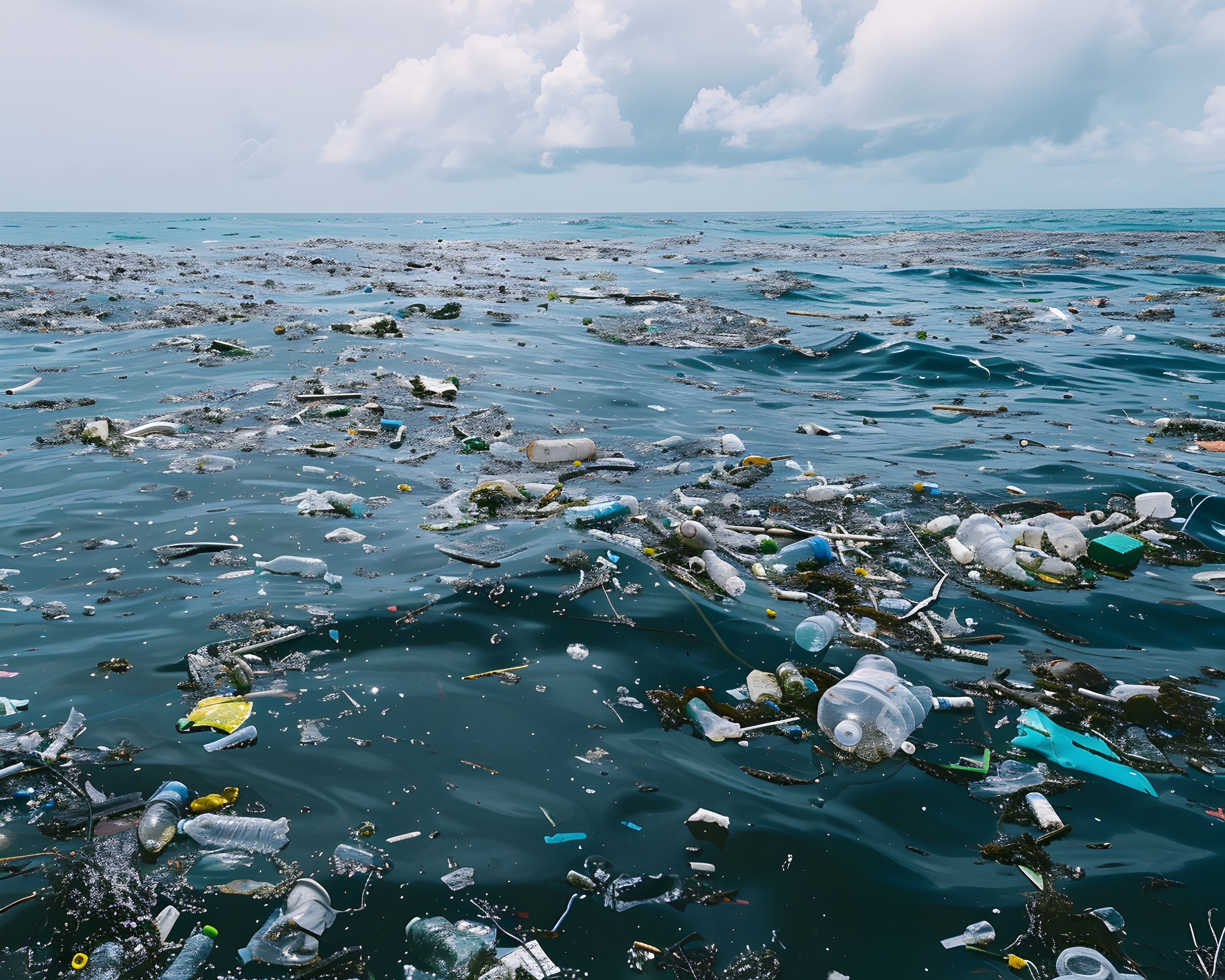Coop Scoop Blog
Why We Need to Take State-Level Action Against Single-Use Plastic
“The plastic bag has ruined the landscape,” my mother declared as we drove through the countryside. She’d spotted a single ragged bag waving from a tree top.
She delivered that judgment 30 years ago. We barely knew about the Pacific garbage patch then. We’d never heard of microplastics. However, considering that half of the millions of tons of plastic now in existence were produced in the past 15 years, my mother’s statement was prophetic.

Current science shows what we have failed to fully acknowledge: that our bodies, too, are landscapes. Plastic bags, and their single-use siblings such as bottles (with their 16,000 chemical components), are now inside us. They’re in our organs, in our bloodstreams, in breastmilk. Undoubtedly they’re ruining things in ways we’re only just beginning to discover.
While we’ve been carrying our own reusable bags and bottles, and various localities are banning single-use items, plastic production has scaled up dramatically. Worldwide, plastic bottle sales exceed one million per minute. When bottled water uses 2,000 times as much energy to produce as tap water, it’s an environmental double whammy.
The failed promise of recycling has left the public feeling betrayed. The limited results of patchwork efforts are no match for the glut of plastic we find ourselves in. Only 10 states have bottle return programs, and some states have even banned plastic bag bans. So-called “chemical recycling” is not a solution, but rather a euphemism for incineration.
Yes, we need certain beneficial plastics, such as those that save lives and shore up health. But we can’t allow our shores to be awash in medical waste, our ocean food-chain to be plastic all the way down, or our children's bodies to be reconfigured by phthalates and other forever chemicals.
The single-use plastic industry is — or is reliant upon — the fossil fuel industry. And we can’t expect this industry to stop lying to us. We can individually try kicking plastic and its related toxic burdens out of our kitchens and closets (it's in our clothes, too). But as long as we’re on track for a doubling of plastic production in the next two decades, we need policy change, not just personal effort.
At state and local government levels, the tide seems to be turning. We need to ride the momentum being generated by growing legal challenges, such as the California attorney general’s recent lawsuit against ExxonMobil. Charging the corporation with misleading marketing and other deceptive claims about “chemical recycling,” the suit seeks to hold the plastics petrochemical company responsible for the costs of plastic waste harm abatement.
This is a ground-breaking lawsuit, but trials take time. We need to use all the tools available: We can and must legislate to turn down the tap on the flow of plastics. Fortunately, in New York we have a forward-looking policy in the making: the Packaging Reduction and Recycling Infrastructure Act, which passed the state Senate earlier this summer. This measure, the strongest in the nation, would ensure that consumers are no longer exposed to harmful substances through product packaging, such as lead, formaldehyde, mercury and PFAS. By requiring companies to reduce plastic packaging waste by 30% over the next 12 years, the bill returns responsibility for solving the problem back to those who are creating it.
We can all take action by letting our Assembly members know how urgently important it is to pass this legislation. And the Beyond Plastics project (beyondplastics.org) suggests other avenues for addressing plastics pollution as a policy issue – because consumers alone cannot fight this tide.
This commentary appeared in the Albany Times Union on October 3, 2024.
View all the Coop Scoop Blog posts here.
